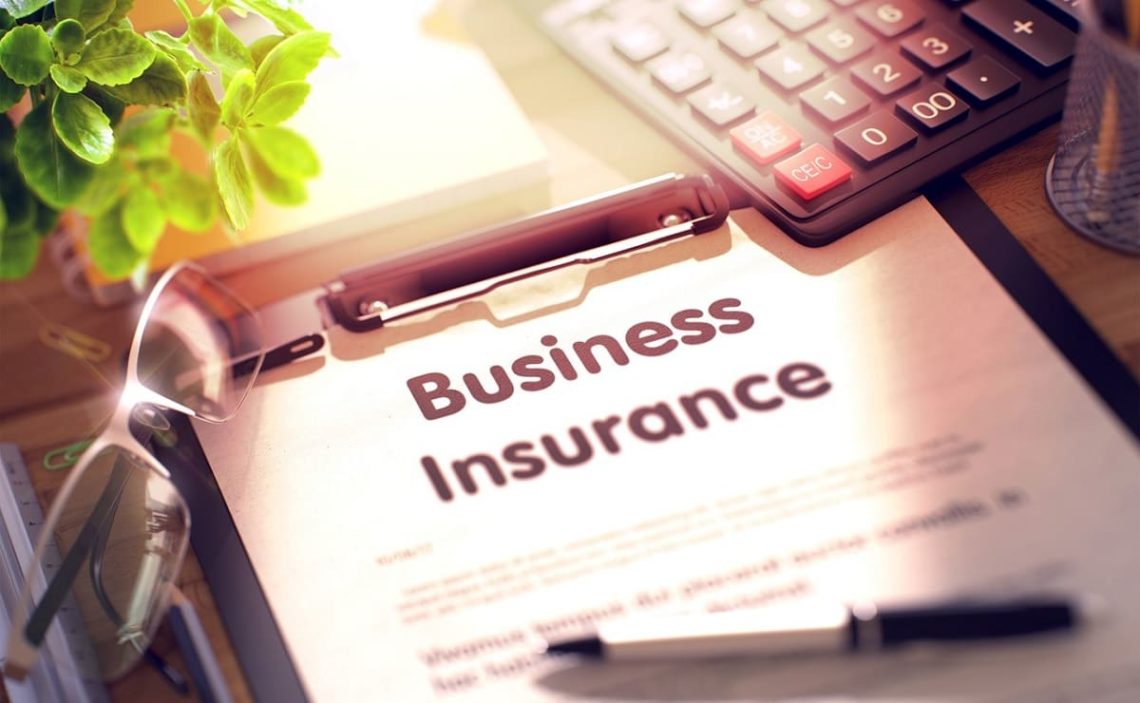Starting a business requires a lot of thinking about insurance. It can protect you from unforeseen financial setbacks. The fact that cleaners work on other people’s property and the nature of the task make insurance even more crucial.
Whether a company or an individual contractor (self-employed/self-employed tradesman), you need the right insurance to safeguard you, your staff, and your customers.
Why does the cleaning company need insurance?
Any business needs insurance, but a cleaning company may require it much more. Cleaners must travel to various locations and work in facilities owned by others.
In addition, they may have to perform dangerous tasks in high places, such as ceilings and rooftops. Insurance is essential to ensure that your company is covered in an accident or incident. Some of the things that insurance will cover are:
Worker injuries
Whether you are the only cleaner or other cleaners are helping out, you should be prepared for any mishap that could cause bodily injury. A worker could trip and fall, possibly damaging nearby property.
You can pay for the worker’s recovery expenses with the right insurance as it may cover property damage.
Covers injuries to others
Insurance can pay for injuries caused by your cleaning supplies or staff. Accidents are common in the cleaning industry. For example, you can claim for someone’s injuries if you don’t put up a wet floor sign and they slip.
Fortunately, you won’t have to pay them cash if you have insurance. This coverage is indispensable when you have employees.
Problems due to theft
Insurance can save you from having to pay for theft if you employ cleaning staff and they take a client’s property. Possible legal problems aside, at least you would be sure to pay for the stolen goods immediately.
Possible property damage
Property damage is the most frequent claim against cleaners and cleaning services. Liability insurance can cover the costs if the client’s property is damaged.
Damage to equipment
Cleaning equipment is used and transported almost daily, including vacuum cleaners, polishers, specialized cleaning machines, etc. If it is damaged during shipping, on the job site, or in your office, you should take precautions to avoid paying for all damages.
What type of insurance can you take out?
After understanding what the insurance will work for, it is time to learn about the alternatives available to cleaning companies.
Public liability insurance
The first insurance you should think about purchasing is public liability insurance. It will protect the company from claims for property damage or personal injury. This insurance will pay for expenses if your company causes someone to be injured or something to be damaged on the property you are working on.
The insurance company will pay for losses up to the policy’s coverage limits if your company is found at fault for them. Liability insurance for cleaners should preferably have a higher level of coverage because it covers a variety of unintentional claims.
For example, cleaners working on residential projects should carry liability insurance with minimum coverage of $5 million. Similarly, a commercial cleaner’s liability insurance policy should provide at least $5 million in coverage.
Cleaning Surety Bond Insurance
Some states require cleaners to post a cleaning service bond, often called surety bond insurance. This type of insurance will cover any theft, damage, or other violation your company’s cleaner committed on a client’s property.
Although you should thoroughly vet the cleaners you hire, it may be the case that a client accuses you of stealing their belongings from their property. Surety insurance will cover the costs up to the bond limit if you or the company are found liable and forced to pay for the damages.
It may be more convenient for the insurance company to set a fee for you rather than paying the customer upfront.
Property Insurance
You should also invest in property or commercial insurance if the small business has a physical location where all equipment is kept, such as an office or warehouse. In the event of theft or property damage, such as damage to real property or equipment you may have on the premises, it will defend you.
Taking out property insurance that provides adequate coverage to pay for your items and equipment expenses is critical, even if you are renting or leasing the space. Even at home and away from the office, it will give you much-needed peace of mind.
María Laura Landino is a journalist who graduated from Boston University with more than four years of experience in the financial sector. He has been responsible for several research papers published by major universities.
Content Manager of allaboutgroup company. You will find me in job and Finance sections.


